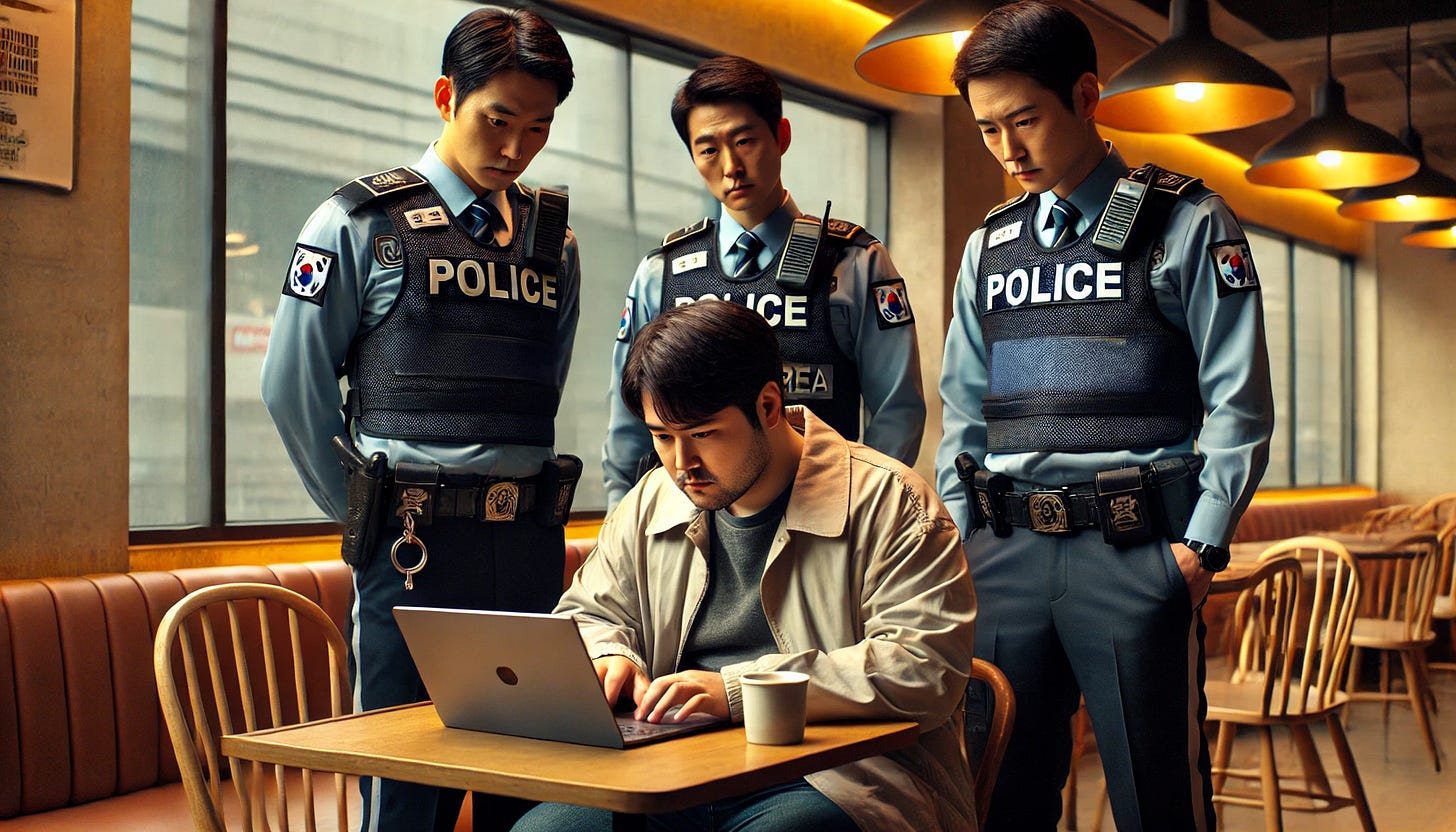Analysis: Social media regulation on political agenda
The next administration in South Korea will have a strong mandate to impose reforms to regulate social media.
Event or Trend: Pro-Yoon Suk-yeol rallies in Seoul on 18-19 January saw a surge in anti-China rhetoric and conspiracy theories, particularly allegations of Chinese interference in Korea's 2020 general elections. These unverified claims were propagated widely through social media and after repetition by conservative lawmakers have entered mainstream political discourse.
Significance: The proliferation of unverified conspiracy theories and xenophobic sentiments at political rallies underscores the influential role of social media in shaping public discourse in South Korea. The phenomenon mirrors global concerns about the spread of misinformation and disinformation online and the incapacity to control what authorities deem extreme political discourse.
In response to similar challenges, countries across the globe are seeking to impose firmer controls over social media. The next administration in South Korea will have a strong mandate to impose reforms to regulate social media and will consequently be able to put in place structures to influence ongoing political discourse.
Analysis: The arrest of President Yoon Suk Yeol over his declaration of martial law has intensified political tensions in South Korea. Supporters at recent rallies have exhibited heightened anti-China sentiment, fueled by conspiracy theories alleging Chinese interference in domestic politics. These narratives have gained traction on social media platforms, contributing to societal division.
The spread of misinformation through social media during these rallies highlights the platforms' potential to influence public opinion and incite societal discord. In South Korea, trust in traditional media sources remains below the global average, and social media use is well above the global average.
Mainstream media platforms have sought to capture the success of social media by mimicking methods, which has led to the rapid spread of low-quality, sensational news. This has contributed to political polarization by creating echo chambers and algorithm-driven content that amplifies extreme views, reinforcing biases and reducing exposure to diverse perspectives.
It is now accepted that the imposition of martial law and the current protests were fuelled by increased political extremism on social media with a number of commentators directly linking Yoon’s actions to social media extremism.
Recognizing the risks inherent in the growth of social media, several countries have proactively strengthened regulations. This has included efforts to regulate foreign influence, such as the EU’s Digital Services Act (DSA) in 2022, which mandates online platforms to disclose their algorithms, provide explanations for content moderation, and implement stricter controls on targeted advertising to combat disinformation.
Increased regulation has attracted critics. These critics argue that although tools to regulate social media are ostensibly targeted at foreign interference, societal harmony, and/or consumer safety, they can also be used to control political discourse.
Australia's enactment of the Online Safety Amendment (Social Media Minimum Age) Act 2024, was promoted to protect minors from online harms and curb the dissemination of false information, but also gives the government the power to regulate and control all users of social media.
The next administration in South Korea will hold a political mandate to impose more stringent social media regulations and through this hold the capacity to regulate and control all users of social media.
Such measures could include enforcing age restrictions, enhancing content monitoring, and holding platforms and individual users (commentators) accountable for the spread of harmful content. These steps would align with international efforts to create safer digital environments and could help mitigate the societal impact of misinformation.
Efforts to increase regulatory control over social media will potentially lead to increased political censorship and government control over online discourse. Critics argue that regulating social media creates opportunities for authorities to suppress dissent and marginalize political opposition under the guise of combating misinformation. This risk is particularly acute in highly polarized environments, where regulatory measures could disproportionately target certain groups or narratives. Striking a balance between preventing what is deemed harmful misinformation and safeguarding democratic freedoms will be a critical challenge for any regulatory framework implemented in South Korea.
Diplomats and international stakeholders should monitor debate on social media regulation. Indicators of change may include discussions of legislative and technical means to increase platform accountability, public statements by government officials advocating for digital reforms, and collaborations with other nations to develop comprehensive online safety standards.
Companies operating social media platforms in South Korea may face stricter compliance requirements, necessitating adjustments to their operational and content moderation policies. Expatriates and international visitors could experience changes in their social media usage, particularly if new regulations impose stricter age restrictions or content limitations.
South Korea's alignment with global trends in social media regulation may foster stronger diplomatic ties with countries pursuing similar policies, while also prompting discussions on digital governance standards.
Outlook: In the short term (0-12 months), South Korea will see increased public debate on the need for enhanced social media regulations, drawing from domestic and international examples. In the medium term (1-5 years), this will lead to the drafting and potential enactment of legislation aimed at increasing platform accountability and user safety. Over the long term (5-10 years), the implementation of such regulations will result in a more controlled digital environment, with social media platforms operating under stricter guidelines to prevent the spread of misinformation and protect societal harmony.



